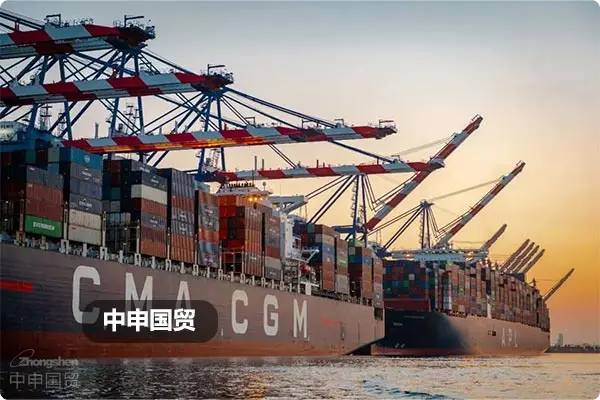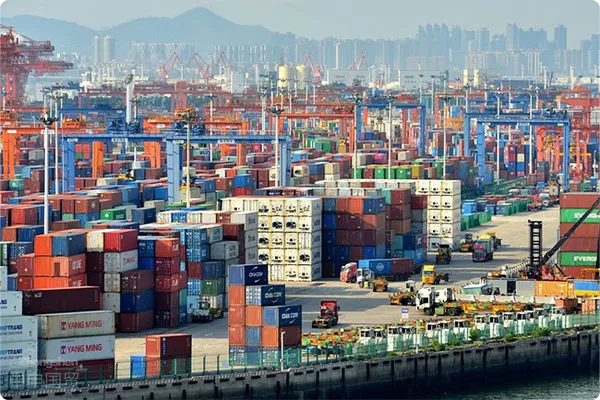- Shanghai Zhongshen International Trade Co., Ltd. - Two decades of trade agency expertise.
- Service Hotline: 139 1787 2118

With the continuous development of global trade, entrusting agencyimport and exportprocesses has become an important way for enterprises to expand into international markets. This article will delve into each aspect of the entrusted agency import and export process, helping enterprises understand its operational mechanisms and improve import and export efficiency.
I. Basic Concepts of Entrusted Agency Import and Export
Entrusted agency import and export refers to enterprises delegating their import and export operations to professional agencies. This model helps enterprises reduce risks, save time and costs, and improve the efficiency of import and export operations.
1.1 Definition of Entrusted Agency
Entrusted agency refers to one party (the principal) delegating their rights and obligations to another party (the agent) to exercise and fulfill, with the agent required to act within the scope of the entrusted authority.
1.2 Advantages of Entrusted Agency
- Risk Reduction: Professional agencies extensive import/export experience effectively mitigates trade risks.
- Cost Savings: Companies avoid building dedicated import/export teams, saving labor and training costs.
- Efficiency Gains: Agencies streamlined processes shorten import/export cycles.
II. Process Analysis of Entrusted Agency Import and Export
2.1 Signing of the Entrustment Contract
The principal and the agency sign an entrustment contract, clearly defining the rights and obligations of both parties.
2.2 Goods Preparation
The principal is responsible for the procurement, inspection, and packaging of goods, ensuring they meet export requirements.
2.3 Goods Transportation
The agency is responsible for arranging the transportation of goods, including booking shipping space, customs declaration, and inspection procedures.
The agency assists the principal in completing foreign exchange settlement procedures and handlesExport Drawback.
III. Risks and Countermeasures in Entrusted Import and Export Agency
3.1 Trade Risks
Trade risks mainly include exchange rate risk, policy risk, and credit risk.
3.2 Risk Management
- Currency Risk: Hedge using forex derivatives.
– Policy risks: Monitor policy developments and adjust business strategies promptly.
– Credit risks: Cooperate with reputable agencies to reduce credit risks.
Conclusion
The entrusted import and export agency process is a crucial pathway for enterprises to expand into international markets. By gaining an in-depth understanding of each stage of the process, enterprises can mitigate risks, improve efficiency, and achieve stable development in international trade. With the acceleration of global economic integration, entrusted import and export agency will play an increasingly important role.
Related Recommendations
© 2025. All Rights Reserved. Shanghai ICP No. 2023007705-2  PSB Record: Shanghai No.31011502009912
PSB Record: Shanghai No.31011502009912










